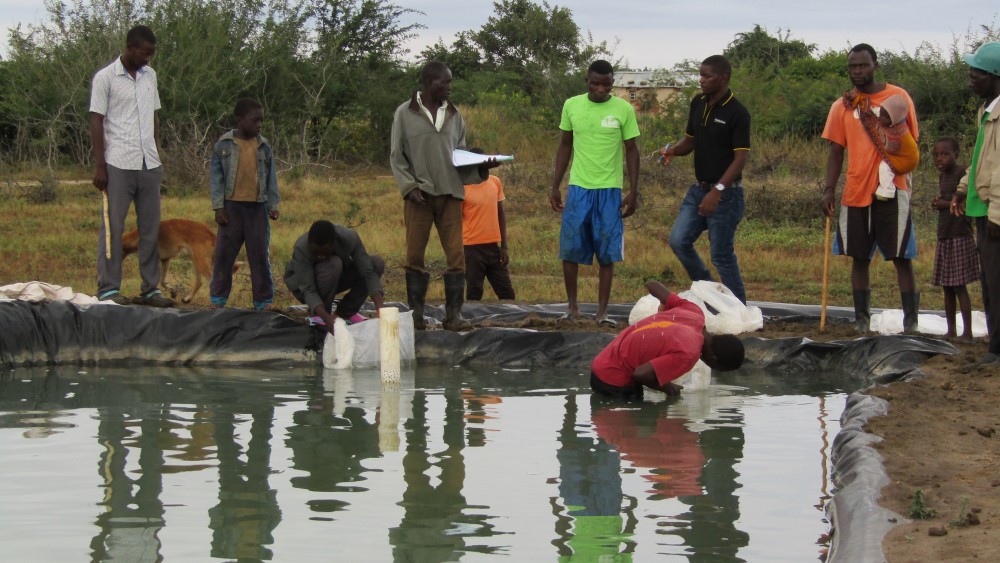NAMBOLA “Appreciating/ remembering the past”: Sustainable Landscape Management in the Kafue River Basin
This project leaded by Solidaridad -aims to contribute to the creation of resilient communities living adjacent to the the Kafue Basin through the promotion of sustainable livelihood practices, and the introduction of holistic integrated management of natural resources.


Overview of the project
The Kafue basin is one of the most useful ecosystems in Zambia (fishing, animal grazing, wildlife, irrigation farming, water for industrial & municipal use). These multiple uses of the Kafue river & its basin are some of the drivers that are exerting pressure on the ecosystem and challenging its capacity to continue to provide ecosystem services to the people in the basin. The Kafue, which forms part of the KAZA Transfrontier Conservation Area (TFCA) has over the years seen a loss of biodiversity, massive land degradation, drastic water and soils’ changes in both biophysical and agricultural spheres. The intended project is designed to contribute to its restoration through a multi-sector approach, policy reviews, land use planning, climate smart interventions (landscape solutions), and sustainable livelihoods. Solidaridad is currently implementing the Nambola Programme; a sustainable landscape management programme in partnership with the local water users association , and the statutory body WARMA (Water Resources Management Authority) and coordinating of multi-stakeholder platforms. The programme is simultaneously implementing pilot projects such as the sustainable Fruit & Vegetable project, Community Based Natural Resource Management project (CBNRM), Aquaculture and livestock projects to demonstrate landscape models in line with holistic management principles that can be practically adopted to achieve sustainable management of the Lower Kafue Basin.
To contribute to the creation of resilient communities living adjacent to the the Kafue Basin through the promotion of sustainable livelihood practices, and the introduction of holistic integrated management of natural resources.
Ongoing research
1/7/2019
Rules and regulations have been set for people found to be starting fires
The farmers have realised that to enable them to sell their animals for a premium price they have to get their animals to market early. This requires them to look after the landscape and facilitate the good management of the grasslands.
organisation
With 50 years of experience facilitating the development of socially responsible, ecologically sound and profitable supply chains and a global footprint across 55 countries, Solidaridad Network is a front-runner in the area of sustainable development. Solidaridad Southern Africa is 1 of 9 Regional Expertise Centres that form part of the Solidaridad Network and is actively working to be a key leader of the change agenda in the region. Working in 9 countries across the region, with a special focus on 5 primary commodities (Soy Beans, Sugarcane, cotton, fruit and vegetables and livestock) and 4 secondary commodities (pulses, rice, winter grains and aquaculture), Solidaridad Southern Africa aims to deliver change that matters in some of the region’s most significant value chains. Solidaridad Southern Africa focuses on supporting smallholder producers to adopt good practices, and have access to robust infrastructure and markets. This work ensures that an enabling policy environment is supported to help all market actors to grow sustainably.
in collaboration



